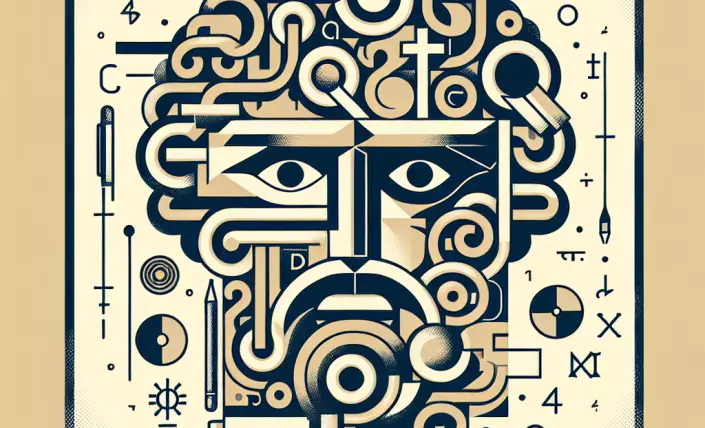The exploration of the unconscious mind is a journey into the deepest recesses of human experience, a profound venture that seeks to uncover the hidden aspects of ourselves that shape our thoughts, emotions, and behaviors. Carl Jung's concept of the collective unconscious is central to this exploration. Unlike Freud, who focused on the personal unconscious, Jung proposed that beneath the surface of our individual consciousness lies a vast, shared repository of memories and archetypes, inherited from our ancestors and common to all humanity. This idea challenges us to reconsider our sense of individuality, urging us to reflect on how much of our psyche is truly our own and how much is a reflection of universal experiences.
The collective unconscious is populated by archetypes—universal symbols and themes that recur across cultures and epochs. These archetypes, such as the Hero, the Mother, and the Shadow, represent the fundamental human motifs of our experience as we evolve. They manifest in dreams, myths, and even in our everyday actions and decisions, guiding us in ways we might not consciously realize. By recognizing and understanding these archetypes, we gain insight into the underlying patterns of our behavior and the shared human narrative that influences us all.
Reflecting on Jung's philosophy prompts a profound inquiry into our own lives: how do these unconscious forces shape our identity and the way we perceive the world? In what ways do they inform our decisions, our relationships, and our creativity? By engaging with these questions, we embark on a journey of self-discovery, seeking not only to understand the depths of our psyche but also to integrate these insights into our conscious life. Such integration fosters a sense of wholeness, as we reconcile the conscious and unconscious parts of our being. It challenges us to confront the aspects of ourselves that we might prefer to ignore, ultimately leading to personal growth and transformation.










